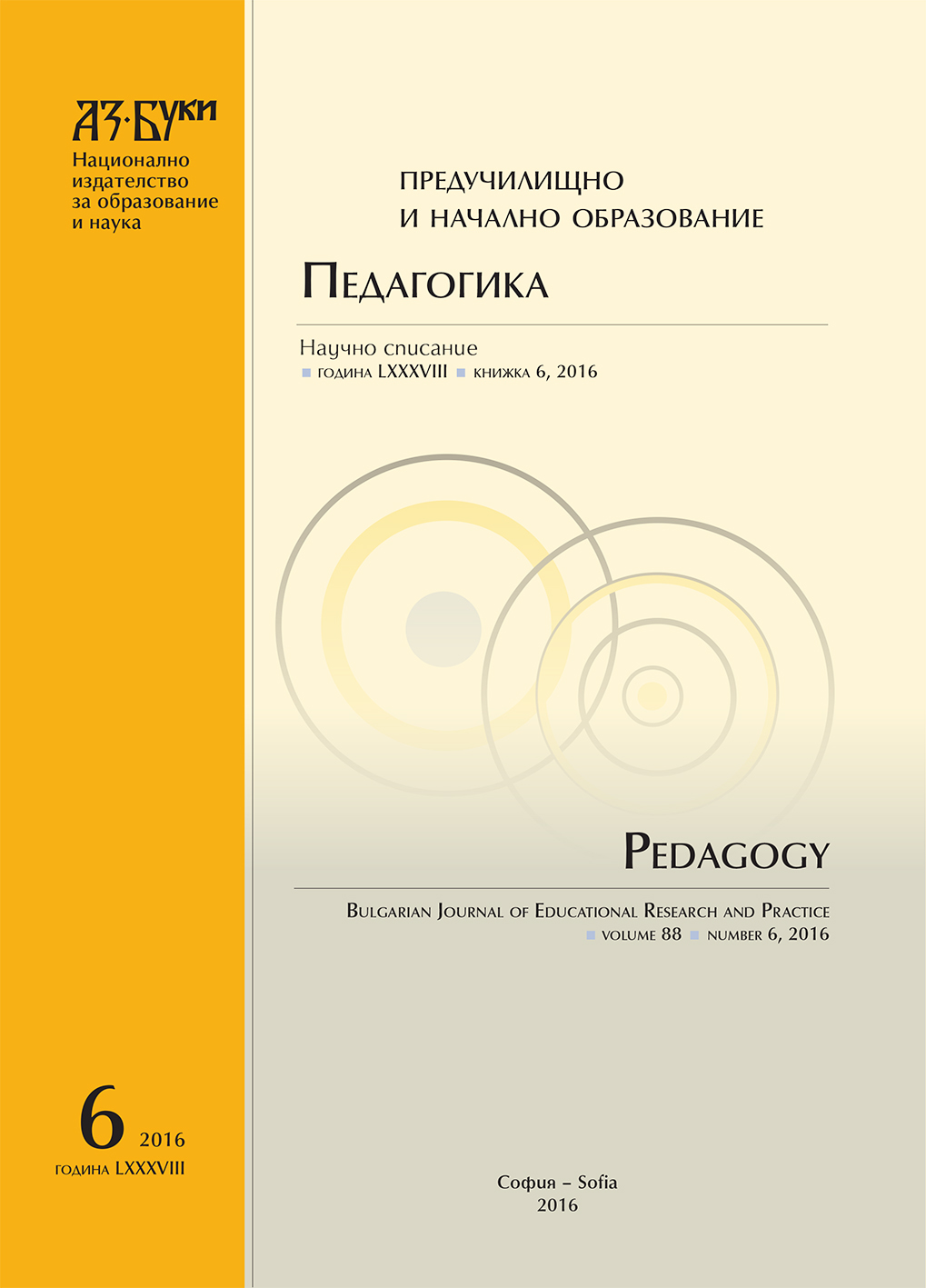
We kindly inform you that, as long as the subject affiliation of our 300.000+ articles is in progress, you might get unsufficient or no results on your third level or second level search. In this case, please broaden your search criteria.

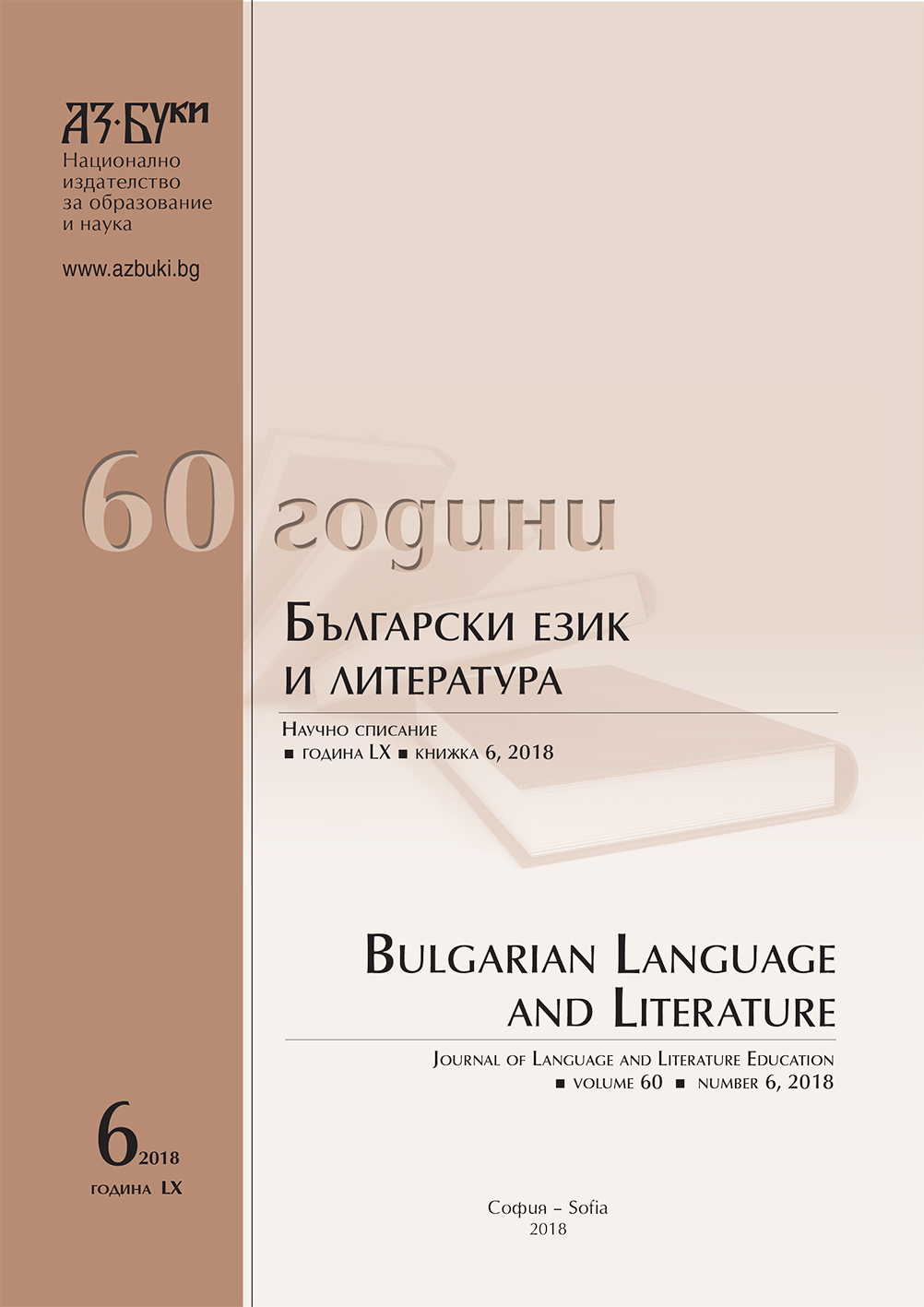
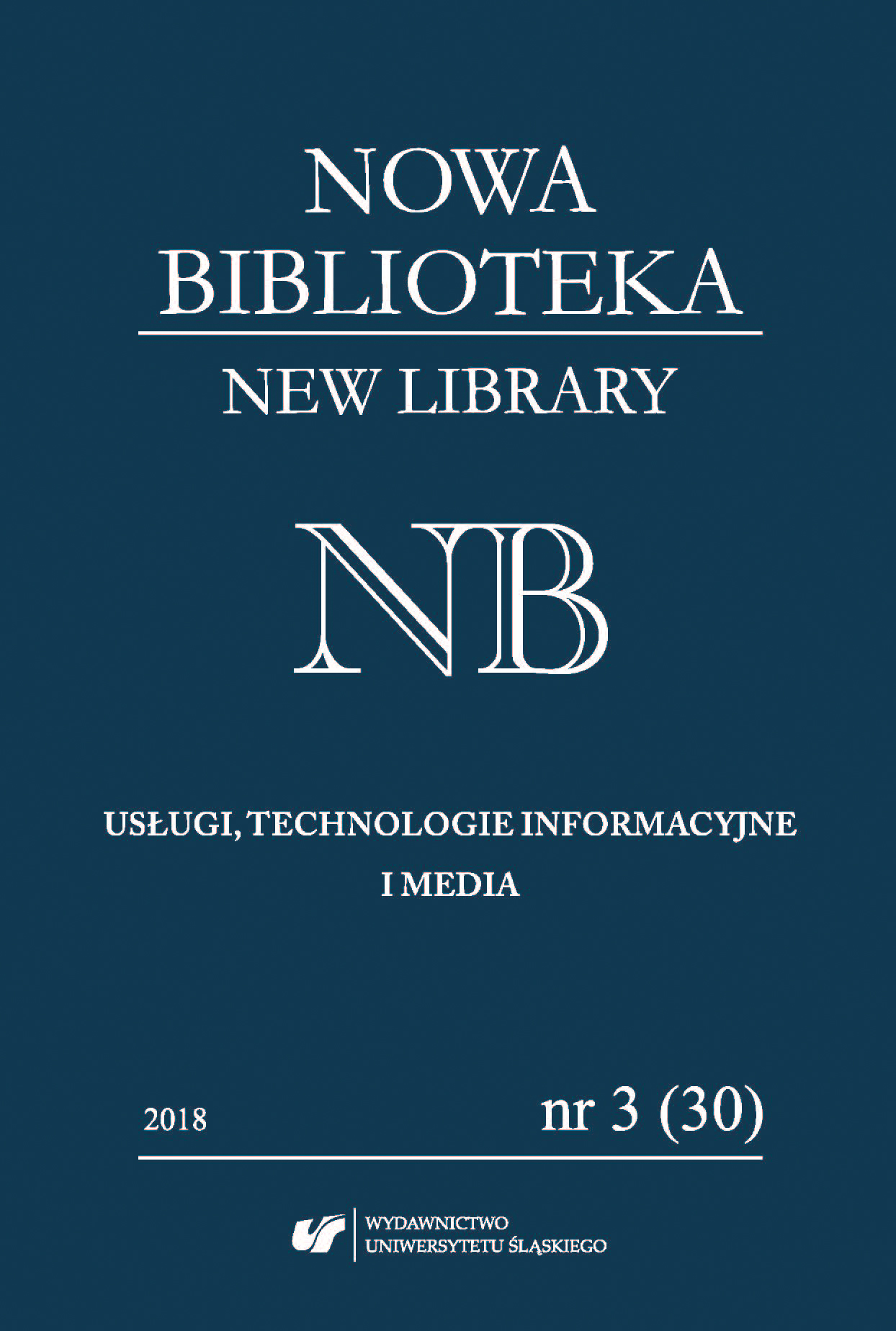
The purpose of the article is to present various forms of activities engaged by the “Biblioteka pod Atlantami” Powiat and Municipal Public Library in Wałbrzych which are oriented toward the cultivation of memory about a regional poet, Marian Jachimowicz. It presents the most important fact of the life of the translator and essayist, and enumerates the works and the accolades of the man of letters. It also describes the Memorial Room of the Poet Marian Jachimowicz, the primary and secondary bibliography of his works and the educational activities associated with this figure. Considerable attention was devoted to the celebration of the Year of Marian Jachimowicz.
More...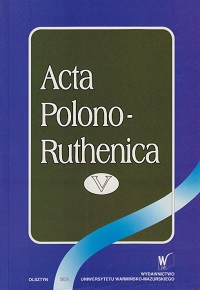
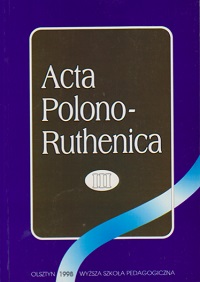

The rise of an original Indian detective novel can be dated back to the 1950s. Like its European predecessor, the genre was initially considered strictly popular; books were sold at railway stations as cheap reading matter for commuters. During the Sixties, however, thanks to the rising importance of the middle class, detective novels became increasingly popular. For years the detective genre had been on the wane and it was only in the first decade of the 21st century that new detective and noir stories appeared.
More...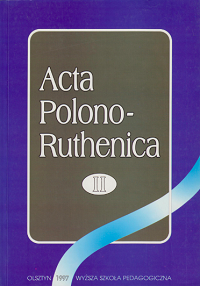
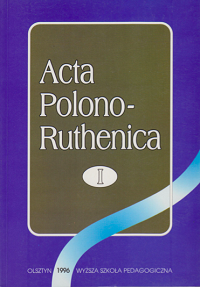
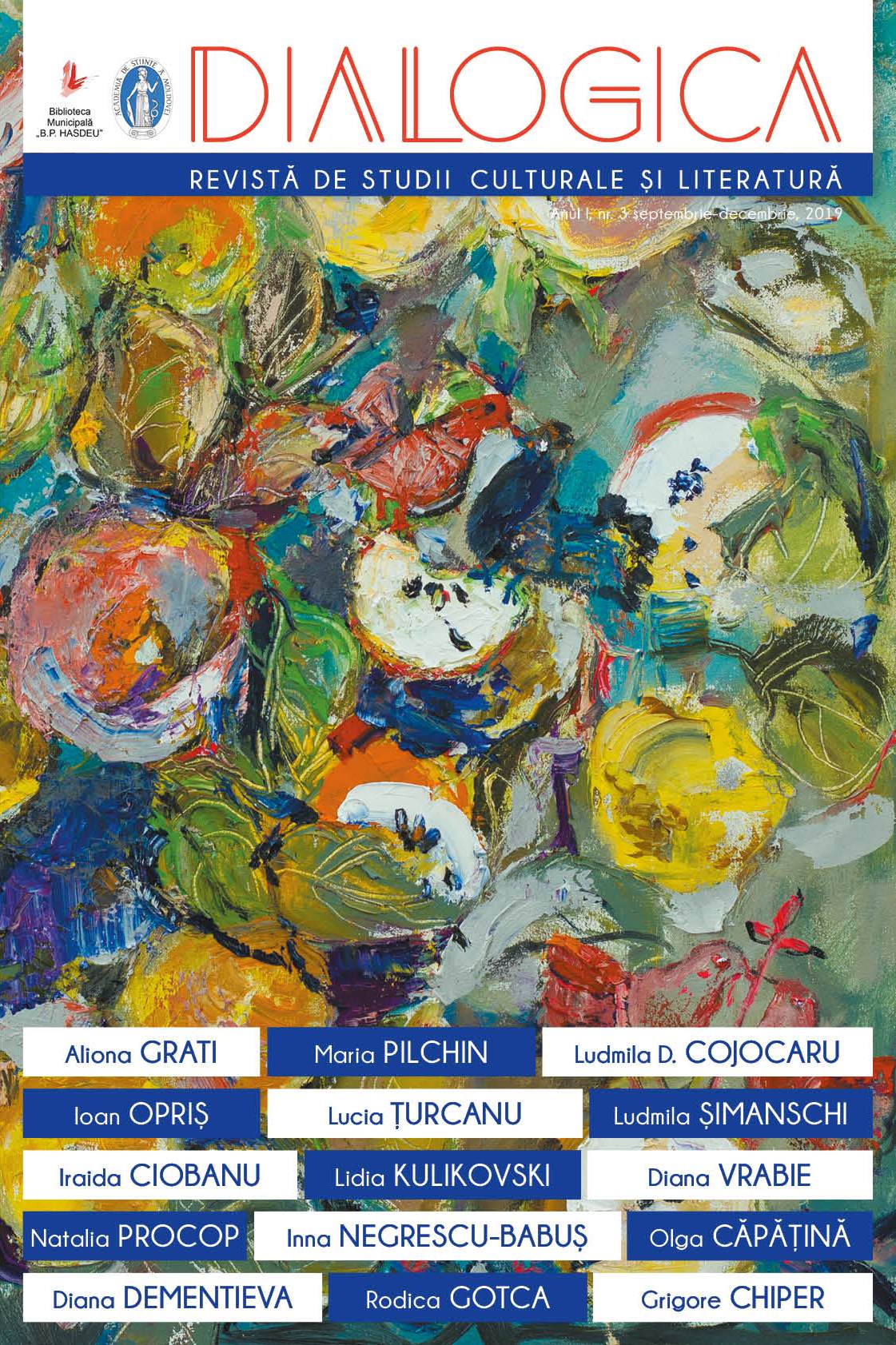
Literary publications from Bessarabia and the West from the first half of the last century, especially from the moment when the European frontier extends to the Nistru, raising the West’s interest in a new unknown space, which provides a large amount of Kishinev City presentations.Through the grid of our methodology (literary imagology) only the literary expressions of this deposit will pass. We will cut out from the print space only the contributions of the city’s aliens, that is to say, the writers who have been in the passage, or have sat there for a while, and, on their departure, have taken with them stories about City’s beauty and misery. Especially, because the alien imagology proved to be more persuasive and resilient over time.
More...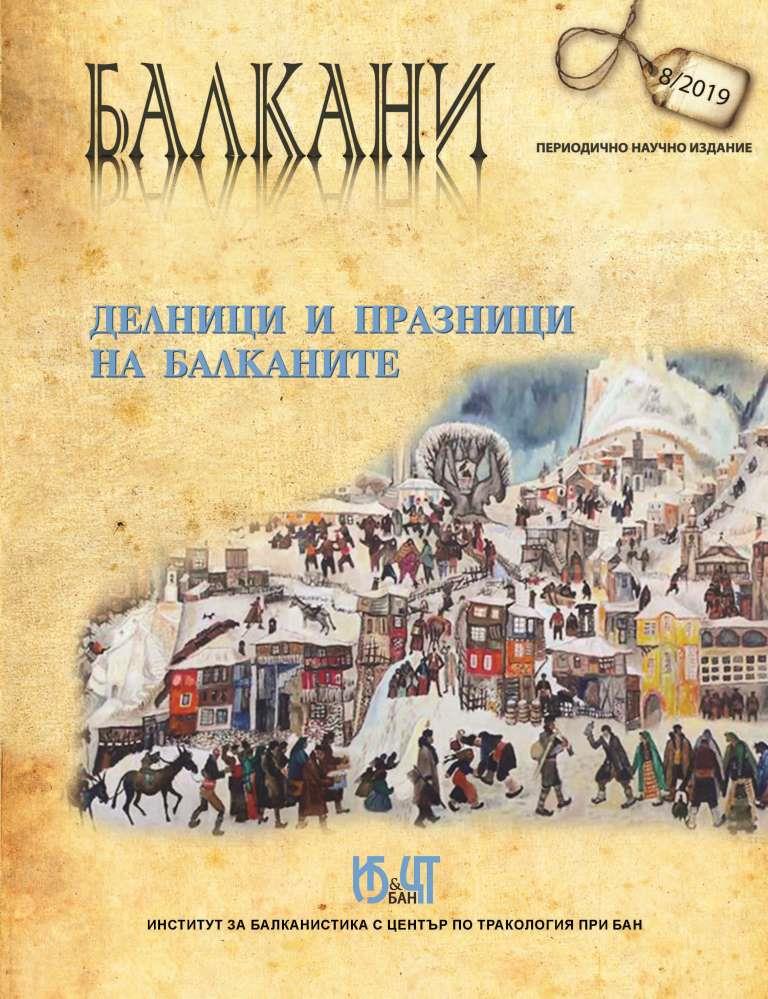
The paper presents one episode in the life of Ivan Naydenov (1834–1910), Bulgarian journalist from Constantinople and social activist: the robbery that occurred when he was travelling to be engaged in his native Kazanlak. Different documents – newspaper information, memoirs and a short story – narrate the adventure and offer a slightly different image of two events that are interesting from an ethnographic and historiographic perspective.
More...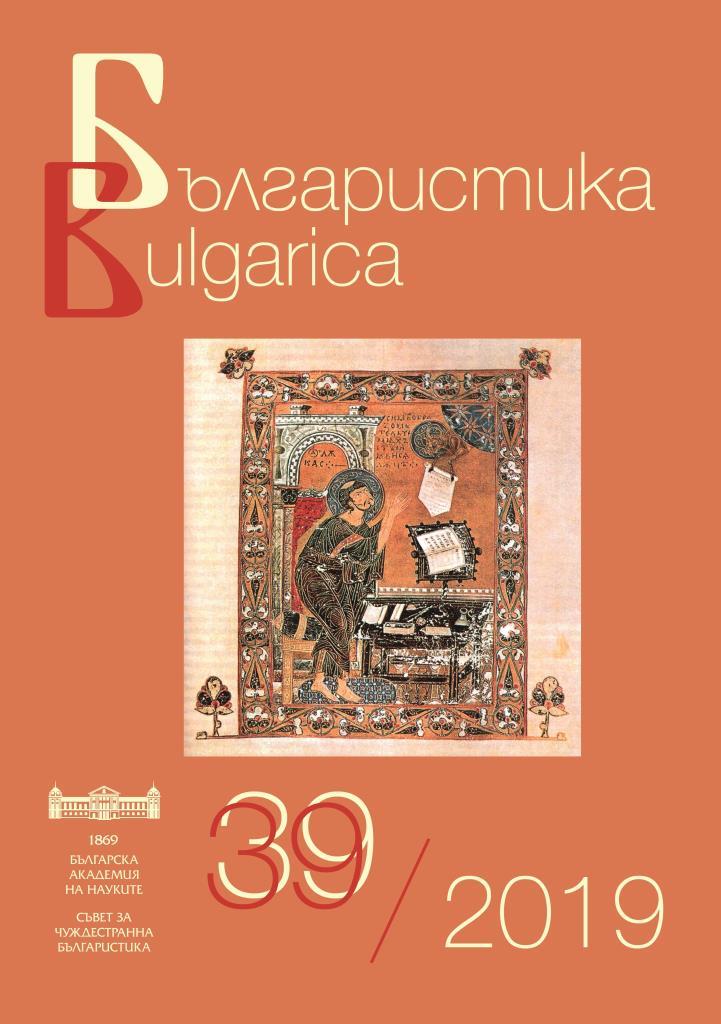
Defended PhD theses in Bulgaria in the field of linguistics, literature, history, folklore, ethnography and art studies.
More...



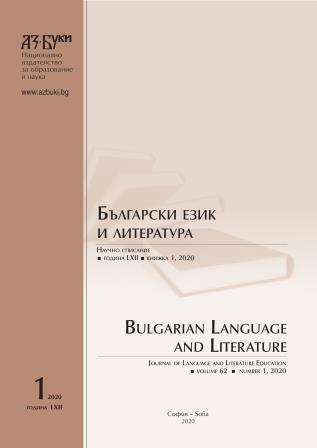
In „Tobacco“ is outlined the scheme of collision father – sons, but also between sons. The novel reflects not only the end of the occupancy in the home (doubt even the former good in the generic space), but also the decay of the world in its physical and spiritual dimensions, presented as the end of a political and economic system and the beginning of another. Dimitar Dimov presents a world where children have sinned because they refuse to obey the established framework for life. In the novel, children don’t simply share the values of their parents, but also value conduct that has been denounced so far as immoral. In another case, young people come to a fanatical end in affirming and „preaching“ the new order. The paradox in the novel of Dimov is revealed in the awareness of the fall, but also in the hero‘s refusal to walk back to repentance.
More...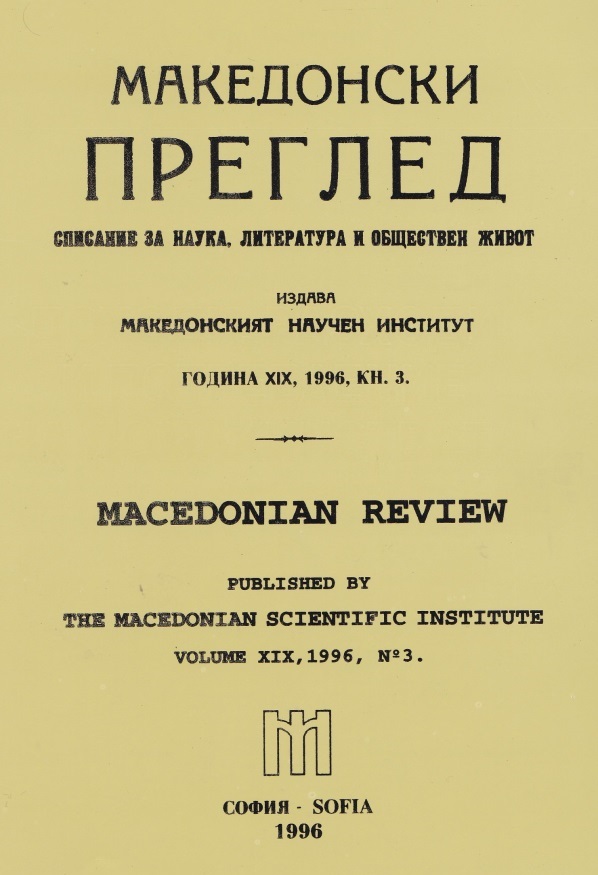
The paper focuses on the poetic works of Teodor Trayanov in parallel with Bulgarian and West European symbolism. This study is a part of the first and, for the time being, only Doctoral thesis on the work of that unjustly forgotten poet. Some perfectly new ideas are suggested on the uniqueness of Trayanov's symbolism. Of greatest significance among these is the suggestion that Trayanov had better be labelled a Neo-Romantic than a straightforward symbolist, having in mind the coherence of that tradition in Austria.
More...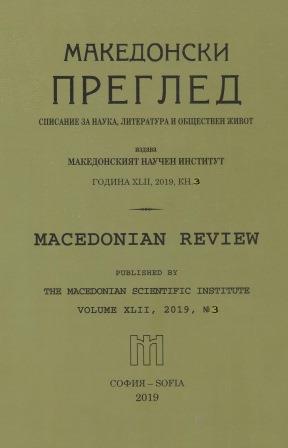
The theme of Macedonia occupies an important place in Bulgarian literature. Poems, short stories, novels, dramas, essays, travelogues are devoted to it. Suffice it to mention the names of writers such as Ivan Vazov, Peyo Yavorov, Anton Strashimirov or Dimitar Talev. Interest in the subject, especially in the lyrics, is strongly influenced by the particular historical situation (uprisings, wars, and other extreme events). At the same time, writers born in Macedonia such as Simeon Radev, Aleksandar Balabanov, Atanas Dalchev and others play a significant role in Bulgarian literature and literary criticism. The article presents these two aspects. It shows the specifics of reflecting the topic in particular historical periods. Emphasis is placed on literary facts from the period between 1878 and 1944, the time when the theme of Macedonia was most authentic.
More...
The article is about the memoir book by the Bulgarian poet Yavorov – Haidushki kopneniya (Haidouk Longings). It is placed in a broad cultural context – the struggle for Macedoniaʼs liberation and the resonance and journalistic activity around these events in Bulgaria. Yavorovʼs book is not a veritable memoir, because it has a powerful lyrical stream. On the other hand, the influence of the novel genre is quite strong in it. The article analyzes important compositional features of this text. They are interesting because when Yavorovʼs memoirs first appeared in the periodicals, they were of one kind, which changed after they were assembled and organized as parts of a single text (Haidushki kopneniya).
More...